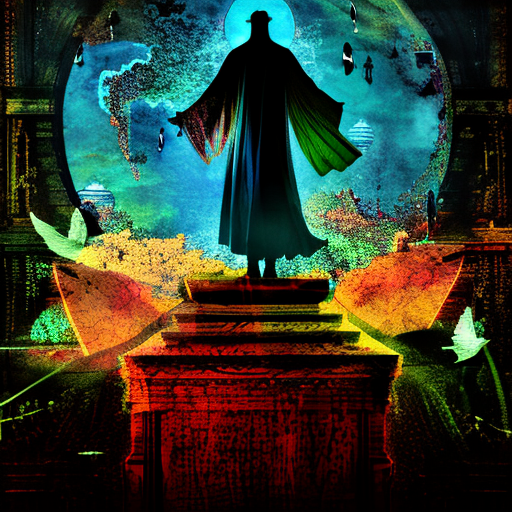The Case for Christ: A Comprehensive Investigation into the Evidence for Jesus
The Case for Christ by Lee Strobel is a thought-provoking and compelling exploration of the evidence for the existence of Jesus Christ. Through his personal journey from atheism to Christianity, Strobel sets out to objectively examine the historical, scientific, and philosophical evidence surrounding Jesus, ultimately making a convincing case for his divinity. With meticulous research and interviews with leading scholars, Strobel presents a compelling argument for the truth of Christianity.
Unveiling the Historical Evidence
Strobel begins his investigation by delving into the historical evidence for Jesus. He interviews renowned historians and experts in the field, seeking to uncover the truth about Jesus’ life, death, and resurrection. Through these interviews, Strobel discovers that the historical evidence for Jesus is remarkably strong. From non-Christian sources such as Tacitus and Josephus to the reliability of the New Testament documents, Strobel presents a compelling case for the existence of Jesus as a historical figure.
Examining the Scientific Evidence
In his quest for truth, Strobel also examines the scientific evidence surrounding Jesus. He interviews experts in fields such as archaeology, anthropology, and medical science to determine the plausibility of Jesus’ miracles and resurrection. Through these interviews, Strobel discovers that the scientific evidence aligns with the biblical accounts. From the Shroud of Turin to the empty tomb, Strobel presents a compelling argument that the resurrection of Jesus is not only possible but also highly probable.
Exploring the Philosophical Evidence
Strobel recognizes that faith is not solely based on historical and scientific evidence, but also on philosophical considerations. He engages in conversations with leading philosophers and theologians to address the deeper questions surrounding Jesus’ identity and purpose. Through these discussions, Strobel explores topics such as the problem of evil, the nature of God, and the significance of Jesus’ sacrifice. By examining these philosophical arguments, Strobel strengthens his case for the divinity of Jesus and the truth of Christianity.
Strobel’s investigation into the evidence for Jesus leads him to a profound conclusion: Jesus is who he claimed to be, the Son of God. Through his personal journey and the compelling evidence he presents, Strobel makes a convincing case for the truth of Christianity. The Case for Christ challenges skeptics and believers alike to critically examine the evidence and consider the implications of Jesus’ life, death, and resurrection.
Key takeaways from The Case for Christ:
- Historical evidence: The historical evidence for the existence of Jesus is strong, with both Christian and non-Christian sources attesting to his life and impact.
- Scientific evidence: The scientific evidence aligns with the biblical accounts of Jesus’ miracles and resurrection, providing further support for his divinity.
- Philosophical considerations: In addition to historical and scientific evidence, philosophical arguments surrounding Jesus’ identity and purpose strengthen the case for his divinity.
In the words of Lee Strobel himself, “The evidence for Jesus is so compelling that it demands a verdict. The case for Christ is strong, and it is up to each individual to examine the evidence and decide for themselves.” The Case for Christ presents a comprehensive investigation into the evidence for Jesus, challenging readers to consider the implications of his life, death, and resurrection.












